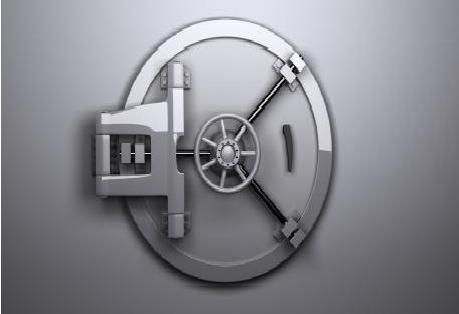How to Calculate Business Assets for Loan

In order to achieve further development or sometimes to meet expenses, Businesses often require loans. There are multiple ways to finance your business but some of them are time taking as well.
One way is to calculate the current value of the firm and take the financing against it. This is comparatively an easier way and a better one as this generally exceeds total sales revenue and cash in hand.
The type of assets owned by an organisation varies from firm to firm. For a firm with manufacturing concern, its assets will include real estate and heavy machinery. On the other hand, a firm whose primary business is consulting might have unique and luxury equipments.
Having a sound idea of the worth of business assets helps the firm in taking appropriate loans against their assets because otherwise banks or lenders might be abusing it. Therefore, it is always suggested to calculate the exact worth of your firm so one should be able to file for the necessary loan when needed.
To have a sound idea about the worth of a company many people refer to the audited balance sheets of the company as they are considered to depict the accurate standings of a business.
Instructions
-
1
One should start with evaluating the balance sheet of the company. The asset side of the balance sheet refers to the property of the business while liabilities refer to the claims of the lenders or other financial institutions. An appropriate way to estimate the worth of a business is by adding the stockholder and owner’s equity while the current and long term liabilities also play a prominent role in identifying the book value of the firm.
-
2
Identify your short term and long term assets. Short term assets are those which can be consumed or sold within the duration of one year while the assets exceeding the consumption limit more than a year fall under the category of long term assets. Long terms assets generally include vehicles, machinery and properties. Here some people often miss a crucial point, the third type of assets, intangible assets, which include trademarks, patent or logos owned by the company.
-
3
Multiply your last year’s sales revenue by the industry standard. For example, if your sales revenue for previous year was USD200,000 and the industry standard is 2, then your asset worth is USD400,000.
-
4
Do not forget to record the cash worth of your assets. For example, if a goods manufacturing firm has a stock worth of USD20,000 in inventory, they should include it. You should also remember to calculate the asset values based on depreciation (vehicles, machinery) and appreciation (property).







